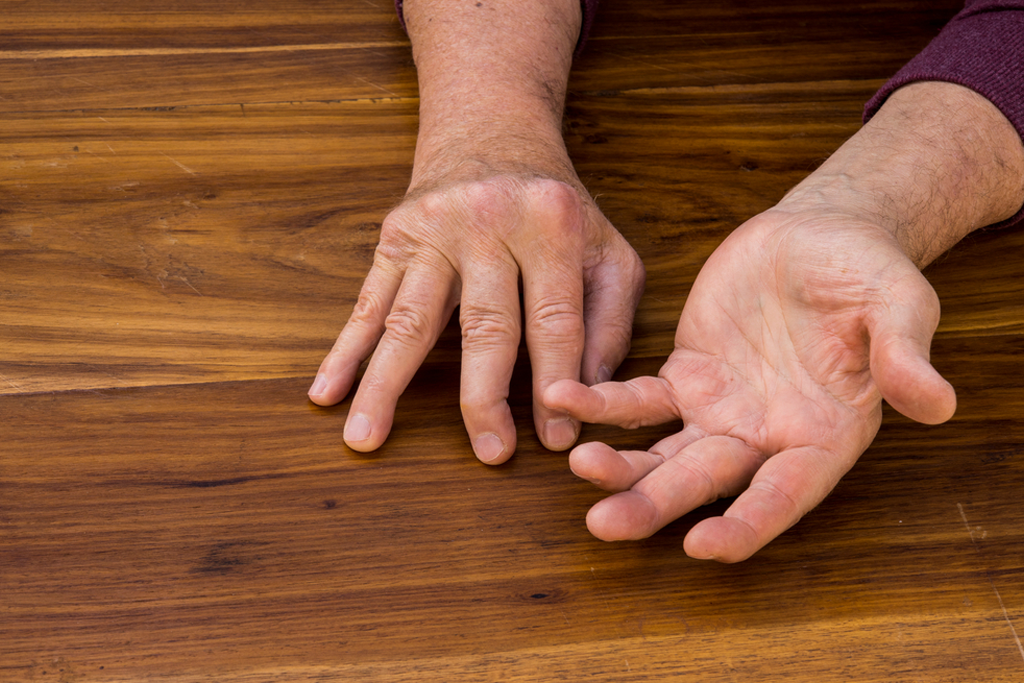
Psoriatic arthritis is a chronic inflammatory condition that affects millions of people worldwide. This is a form of arthritis that occurs in individuals with psoriasis, a skin condition characterised by red, scaly patches on the skin. Usually, this condition tends to appear 5 to 10 years after the diagnosis of psoriasis. Psoriatic arthritis may cause pain, swelling, and stiffness in the joints, and if left untreated, can result in permanent joint damage and disability.
As with any autoimmune disease, the exact cause of psoriatic arthritis is unknown, but genetic and environmental factors may contribute to this condition. People who experience psoriasis or have a family history of psoriasis are at higher risk of developing this condition. The most common age group for psoriatic arthritis is between 30 and 55 years old. Other triggers such as infections, injuries, or stress can also play a role in the onset of psoriatic arthritis.
Psoriatic arthritis may present with a variety of symptoms, and it can affect the joints on one or both sides of the body. Common symptoms include joint pain, swelling, and stiffness in the joints of the feet, lower back, fingers and toes that resemble sausages (dactylitis). Inflammation may also affect other parts of the body, such as the eyes and skin. Small dents may appear on the nails, causing the nails to separate from their beds. Individuals with psoriatic arthritis may also experience sudden fatigue, morning stiffness, malaise, weight loss, and reduced range of motion in the joints, depending on the disease’s severity.
Early diagnosis and treatment are crucial in managing psoriatic arthritis. A rheumatologist who specialises in arthritis and related conditions can provide an accurate diagnosis through a detailed medical history, physical examination, and imaging tests such as X-rays and MRI scans.
Although there is no cure for this condition, effective treatment options are available. These may include nonsteroidal anti-inflammatory drugs (NSAIDs) to relieve pain and stiffness, disease-modifying antirheumatic drugs (DMARDs) to slow down joint damage progression, and biologic medications to target inflammation-causing proteins in the immune system. Physiotherapy, occupational therapy, and lifestyle changes such as exercises, stress management, body manipulation, and a healthy diet can also help manage symptoms. For severe cases, patients are recommended to undergo surgery to correct joint deformities or replace damaged joints.
With proper medical care and lifestyle modifications, individuals can effectively manage their symptoms and maintain a fulfilling and active lifestyle.







